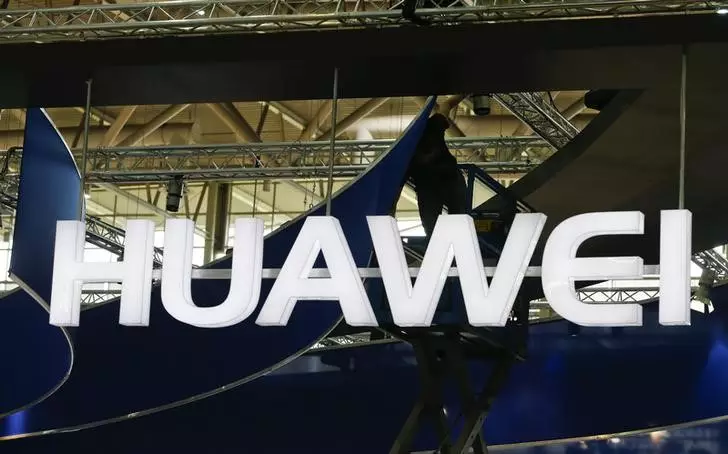Huawei's latest high-end phone, the Pura 70 Pro, has shown an increase in the use of Chinese suppliers in its components, indicating a significant step towards technology self-sufficiency in China. A teardown analysis conducted by online tech repair company iFixit and consultancy TechSearch International revealed a NAND memory chip likely packaged by Huawei's in-house chip unit HiSilicon, along with several other components sourced from Chinese suppliers. These findings highlight the growing reliance on domestic suppliers, a move aimed at reducing dependency on foreign technologies.
Previous analysis of Huawei's Mate 60 series found the phone to be using memory chips made by South Korea's SK Hynix, which ceased business with Huawei due to U.S. sanctions. However, the Pura 70 Pro features a NAND flash memory chip likely packaged by Huawei's HiSilicon unit, showcasing the advancements in Chinese semiconductor capabilities. Despite the identification challenges of the wafer manufacturer, the capacity and performance of the memory chip are comparable to products from major flash memory producers.
The teardown analysis also suggests that Huawei may have made incremental improvements in its chip processing capabilities with Chinese partners since the launch of the Mate 60 series. The Pura 70 Pro's advanced processing chipset, the Kirin 9010, is speculated to be a slightly enhanced version of the chip used in the previous model. This indicates the ongoing efforts by Huawei to enhance its technological capabilities in collaboration with local partners, such as Semiconductor Manufacturing International Corp (SMIC).
OpenText is providing businesses with information management solutions and services. With constantly evolving technologies, a rapidly growing volume of information, and increased user demands, organizations require solutions that can effectively manage their content and data. OpenText offers a comprehensive suite of products and services designed to help businesses capture, store, and analyze information to make informed decisions, improve productivity, and streamline processes.
Despite concerns raised by U.S. lawmakers regarding the progress of Chinese chipmakers, Huawei's continued efforts in developing advanced semiconductor technology suggest a significant stride towards self-reliance. The utilization of Chinese suppliers in the Pura 70 Pro exemplifies the company's commitment to reducing reliance on foreign entities and enhancing indigenous technological capabilities. As Huawei navigates through the challenges posed by geopolitical tensions, its focus on innovation and collaboration with local partners is poised to strengthen China's position in the global technology landscape.
The rise of Chinese suppliers in Huawei's latest high-end phone signifies a shift towards technology self-sufficiency and enhanced collaboration within the domestic semiconductor industry. By leveraging locally sourced components and advancing chip processing capabilities, Huawei is paving the way for greater innovation and independence in the rapidly evolving tech sector. As China continues to make strides in semiconductor manufacturing, the implications of Huawei's progress extend beyond the realm of smartphones, impacting the broader dynamics of global technology competition.

